


With FAPESP’s support, PangeiaBiotech develops genetically modified varieties of sugarcane that are protected against attacking insects and glyphosate-tolerant.

Researchers at the University of São Paulo estimated biodiversity and biomass losses in the biome using data from 1,819 forest inventories. In terms of carbon storage, the losses correspond to the destruction of 70,000 km² of forest, representing some USD 2.6 billion in carbon credits.
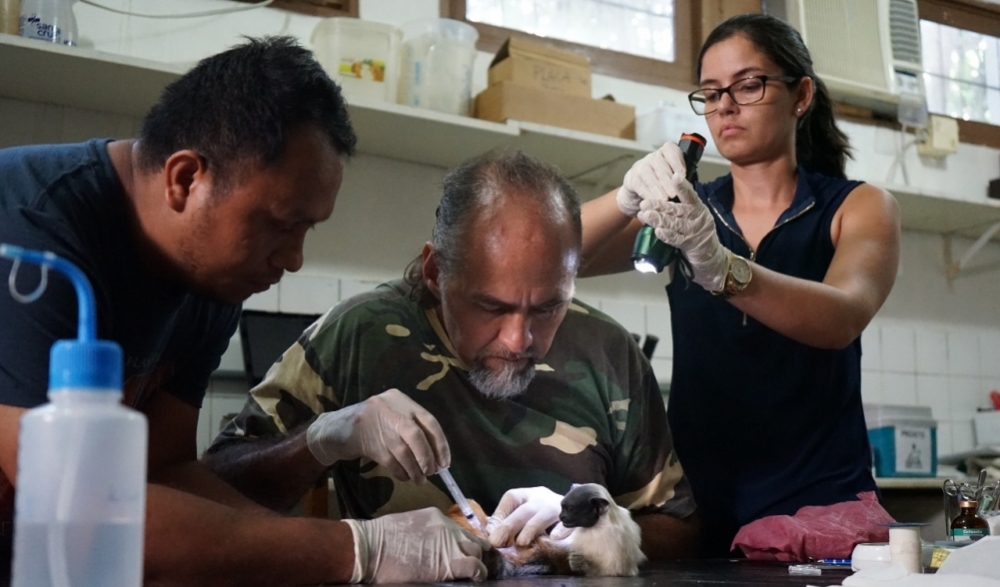
Scientists will monitor areas in which these diseases are endemic, such as São Paulo, the Amazon, the Pantanal and Panama, to investigate the factors that trigger outbreaks.

According to a paper by Brazilian researchers published in Nano Today, the spatial arrangement of proteins on the surface of SARS-CoV-2 assures highly efficient interaction with target receptors on human cells.
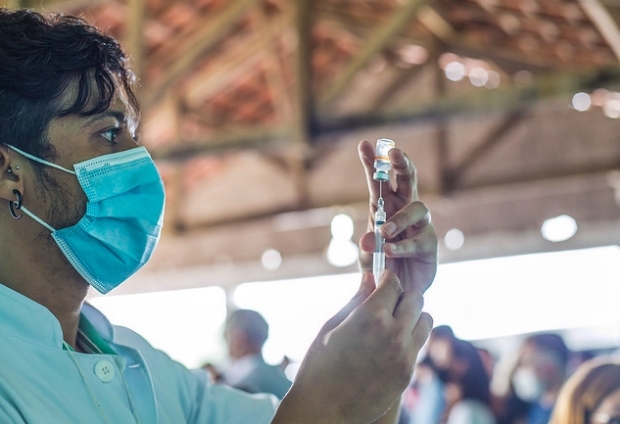
The different criteria used in Phase 3 clinical trials of the vaccines approved so far were explained by scientists in a webinar hosted by FAPESP. The impact of delays in vaccinating Brazilians was one of the topics discussed.
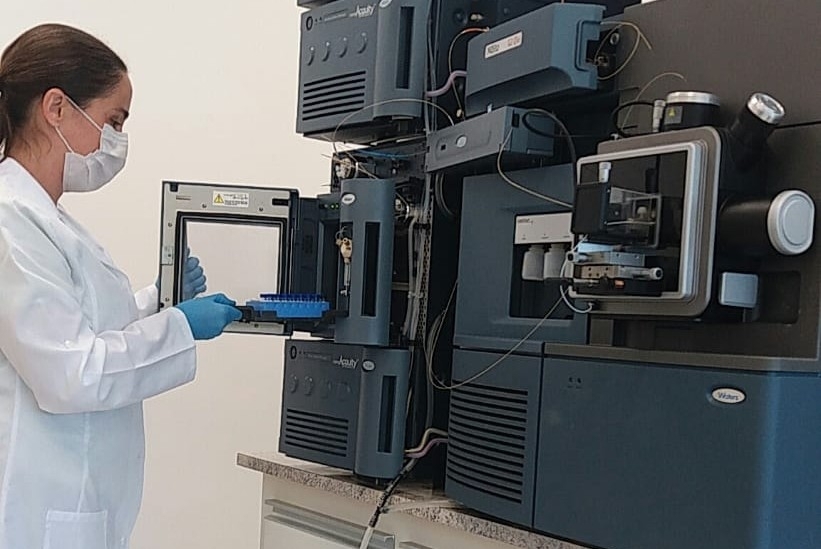
An analysis conducted in the Brazilian state of São Paulo detected seven proteins in plasma from hospitalized patients that could be used in novel treatments and methods of identifying potentially severe or critical cases.

The new Applied Research Center’s mission is to conduct research that can provide input for public policies. FAPESP is partnering with the Maria Cecilia Souto Vidigal Foundation and INSPER to mount the initiative.

In an article published in Scientific Reports, Brazilian researchers show that besides simplifying operational logistics and improving production, fertilization of the grass used as a cover crop can reduce fertilizer use in the long run.

Startup supported by FAPESP has developed equipment for biological control of pests that affect soybean and cotton production.
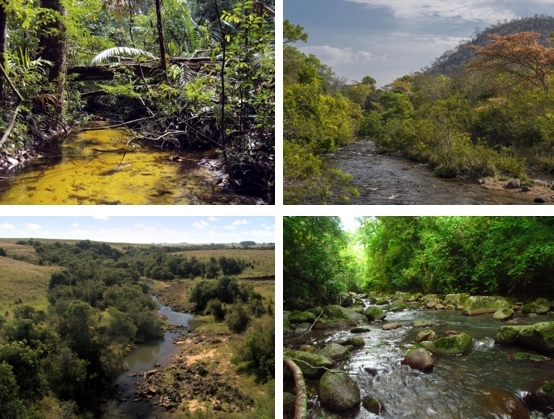
Fifty researchers at 26 institutions analyzed a huge mass of data, finding that no single size of conservation area is valid for the entire country.

Study involving more than 200 hospitalized patients in São Paulo shows physically active individuals are not fully protected against the disease.
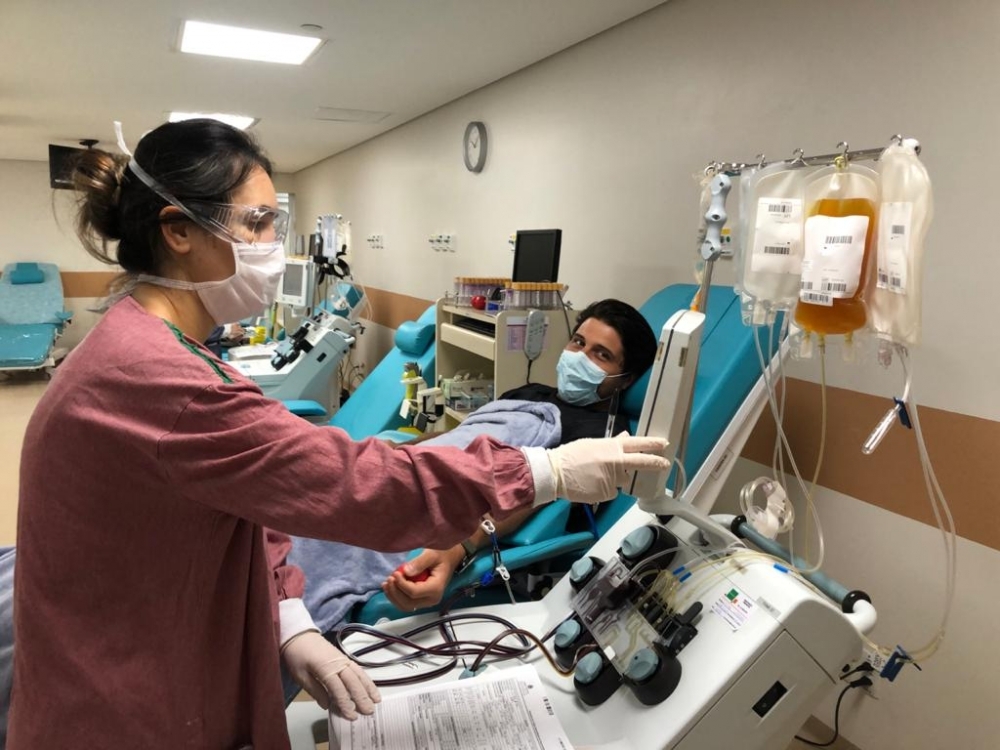
Clinical trial conducted in Brazil suggests the treatment can be beneficial if administered within ten days of symptom onset.
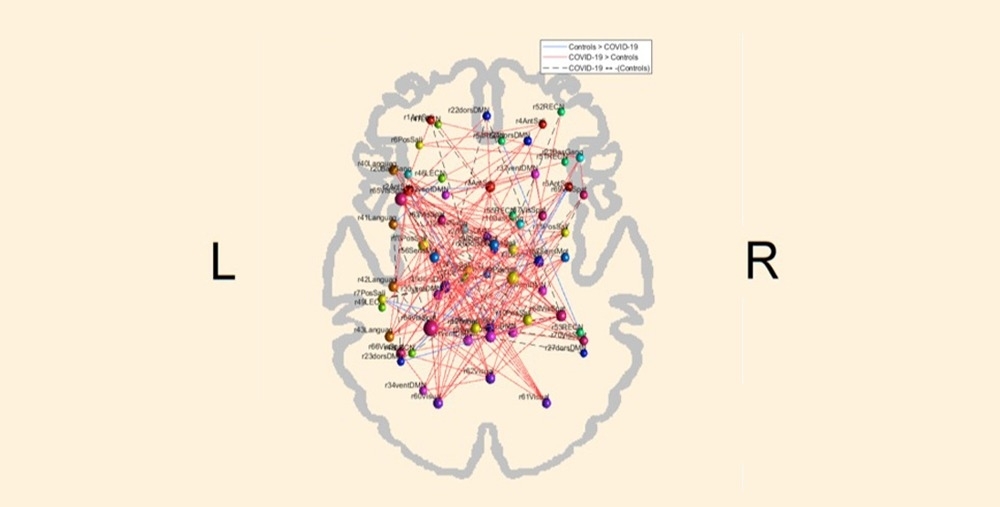
Brazilian researchers used functional magnetic resonance imaging to assess 86 volunteers who had moderate COVID-19 and compared the results with those of uninfected volunteers. Preliminary findings have not yet been published but were presented during a conference held at the University of Campinas.
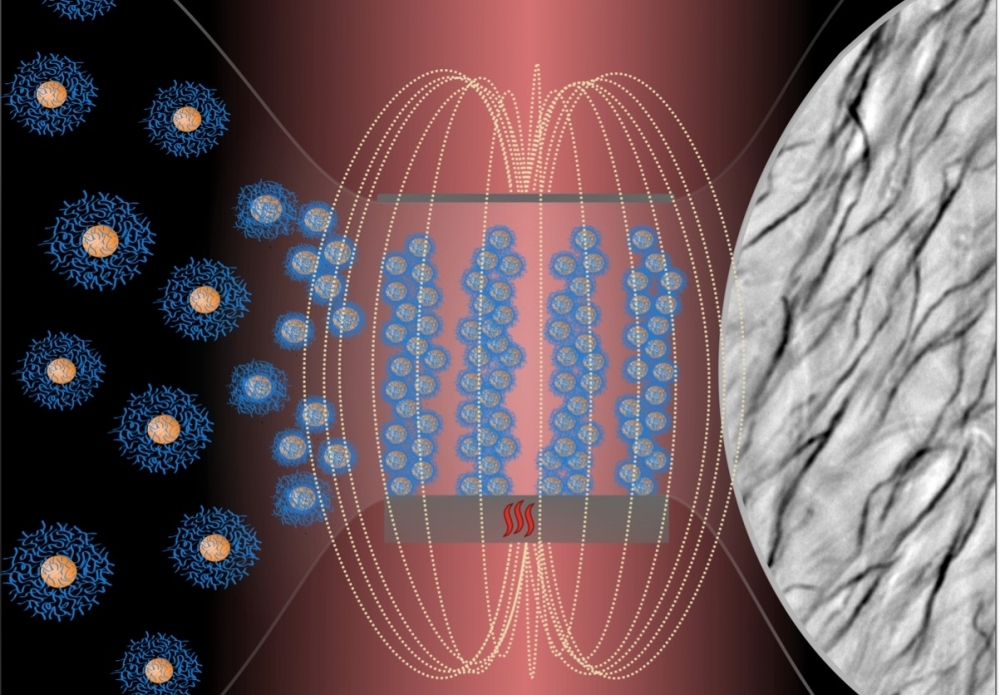
Filaments made of polymer-coated iron oxide nanoparticles are obtained by exposing the material to a magnetic field under controlled temperature. The applications are myriad and include transporting substances into cells or directing fluids.
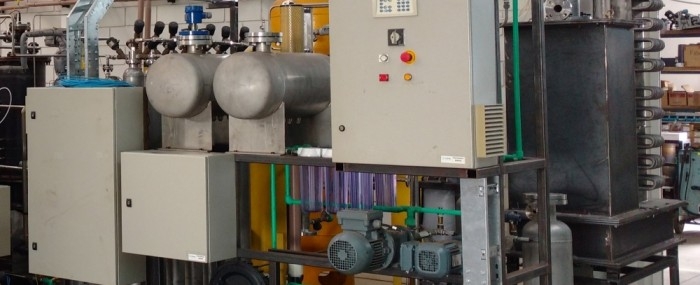
With FAPESP’s support, Hytron has developed a containerized solution for hydrogen production via ethanol reforming that eliminates the need for shipping by tanker trucks. The equipment can supply the gas to factories and vehicle service stations.

More than 1,000 volunteers completed an online questionnaire designed by Brazilian researchers. The results show that more women are cooking, sitting down to eat, snacking between meals, and ordering takeaway meals, while dieting and supermarket shopping have declined.

Researchers at a center for neuromathematics say dreams reflect the fear and anxiety fueled by the disease.
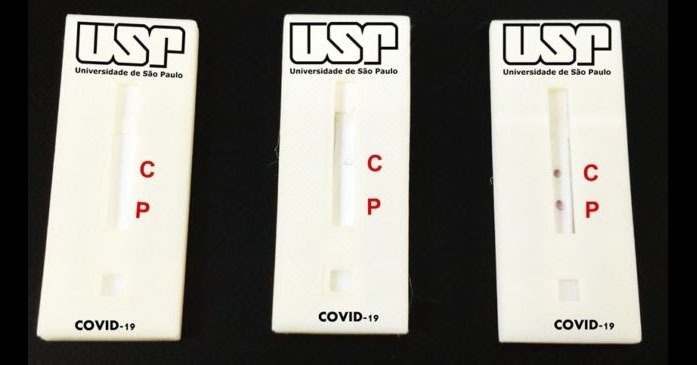
Technology based on nanoparticles identifies IgG antibodies and costs only about a fifth of similar devices now on the market. It was developed by scientists at the University of São Paulo and Brazilian startup Biolinker.

Brazilian researchers applied an examination protocol based on an analysis of 12 lung regions to 180 severe patients and found that the higher the lung ultrasound score the greater the risk of ICU admission, intubation and death.
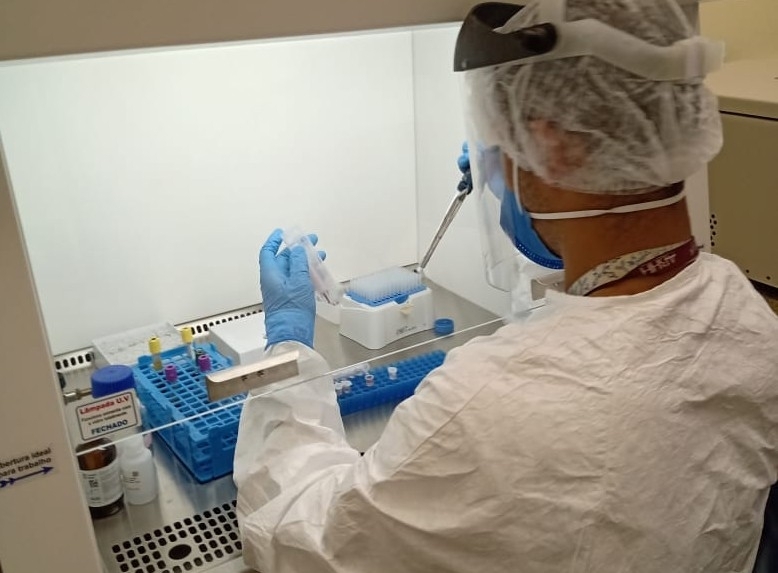
A study by researchers at the University of São Paulo showed that the blood serum of severe patients contained high levels of the neurotransmitter acetylcholine and lipid mediators derived from arachidonic acid. The discovery may help improve the prognosis of such patients and the treatment available to them.

Researchers who studied riverine insect communities in the Atlantic Rainforest and Finland’s boreal forests discovered that random events are more frequent in Brazil.

According to a study published in Frontiers in Immunology, the reason is their genetic heterogeneity and lack of proportional representation in the Brazilian bone marrow bank.

Based on a reaction between yeast and the novel coronavirus, the test will rapidly detect the presence of SARS-CoV-2 in saliva and will be available by mid-2021.

Researchers at York University in Canada and the University of Campinas in Brazil used mathematical modeling to estimate the short-term impact of vaccination. Abandoning non-pharmaceutical interventions too soon could cancel out the benefit, they warn.
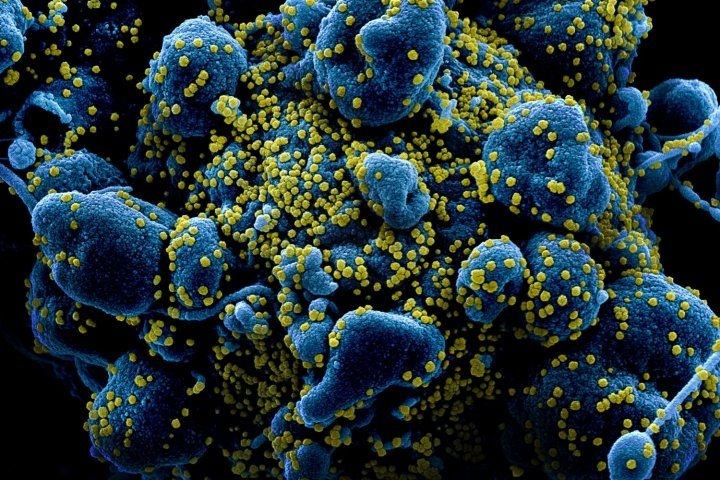
The hormone acts as a barrier against SARS-CoV-2, blocking the expression of genes that encode proteins in cells serving as viral entry points, according to a study by researchers at the University of São Paulo.